Why are flash floods in Texas so deadly?
Over 100 people, including 27 girls at a summer camp, died in recent flooding

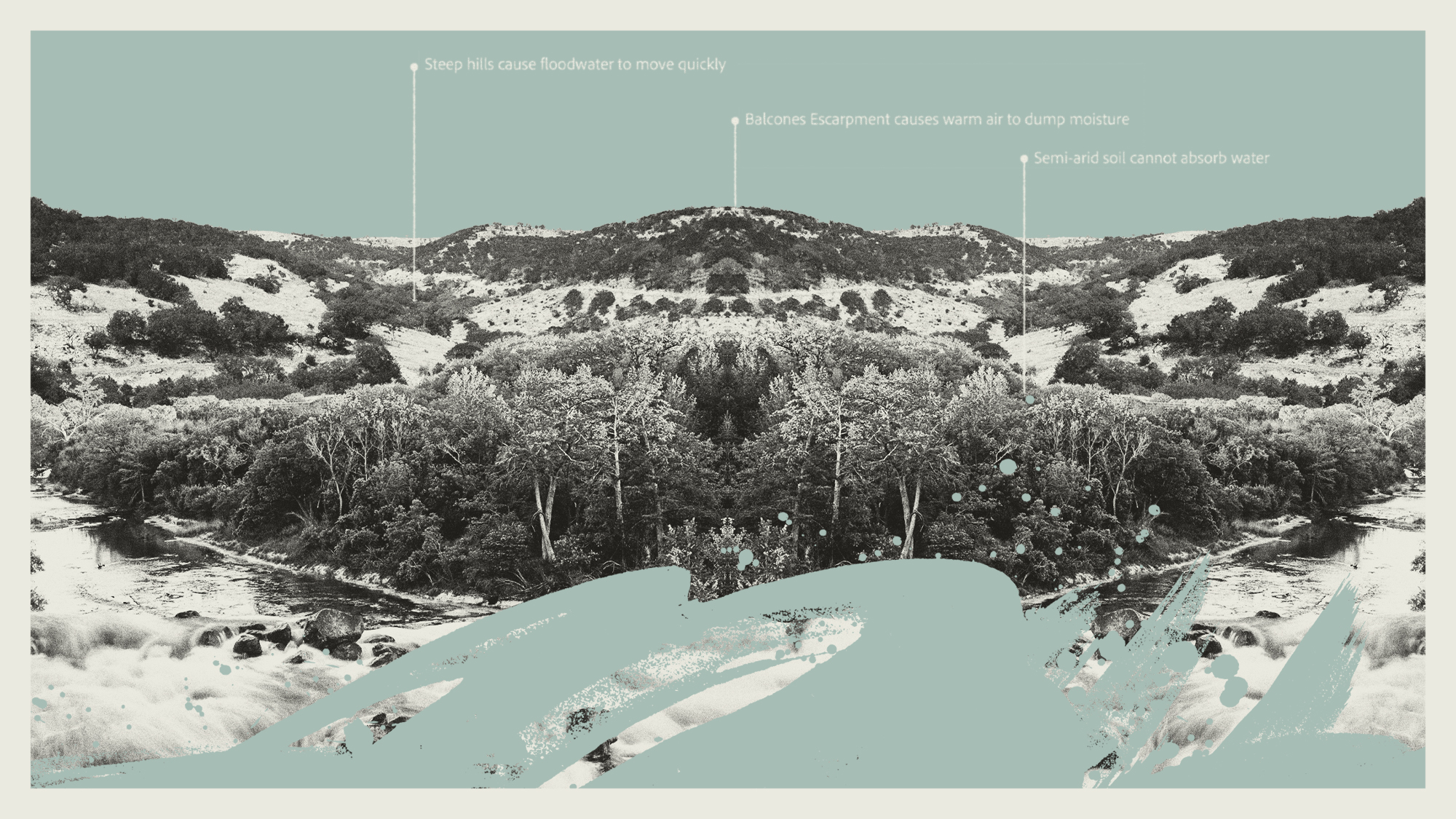
A free daily email with the biggest news stories of the day – and the best features from TheWeek.com
You are now subscribed
Your newsletter sign-up was successful
As rescuers continue searching for survivors from deadly flash flooding in Texas' Hill Country over the Fourth of July weekend, state officials say they could not have foreseen the incident. Yet skeptics point out that flooding of this nature is actually quite common in the area. With over 100 people dead, including 27 kids and counselors from a girls' summer camp, residents and experts will be working to prevent tragedies like this in the future. But why are flash floods in this area of Texas so deadly?
What did the commentators say?
The recent floods developed incredibly fast, with torrential downpours causing the Guadalupe River near San Antonio to rise 26 feet in just 45 minutes. But these types of floods are a "known risk in central Texas, which the National Weather Service has identified as the most flash-flood-prone area in the country," said The Globe and Mail. There are "three factors that put localities at risk of flash flooding," including "steep terrain, intense storms and soil conditions that exacerbate flood risk." Texas' Hill Country "sits at the intersection of all three," making it a prime target for flooding.
In this region of Texas, the "hills are steep, and the water moves quickly when it floods. This is a semi-arid area with soils that don't soak up much water, so the water sheets off quickly and the shallow creeks can rise fast," said Hatim Sharif, an engineering professor at the University of Texas at San Antonio, at The Conversation. When these creeks come together at a river, as in the case with the Guadalupe, it can "create a surge of water that wipes out homes and washes away cars and, unfortunately, anyone in its path."
The Week
Escape your echo chamber. Get the facts behind the news, plus analysis from multiple perspectives.

Sign up for The Week's Free Newsletters
From our morning news briefing to a weekly Good News Newsletter, get the best of The Week delivered directly to your inbox.
From our morning news briefing to a weekly Good News Newsletter, get the best of The Week delivered directly to your inbox.
This is often exacerbated during the Atlantic hurricane season, when the torrential rain from these storms can batter Texas. The recent flooding "arose from the fading remnants of Tropical Storm Barry," and this system "parked over Texas where it converged with a band of moisture moving north, forming thunderstorms that squeezed out a torrential downpour," said Vox. While a flood watch was in effect the day prior, many Texans had "gone to bed on Thursday night unaware such a catastrophic storm would wake them in terror in just a few hours," said the BBC.
What next?
These types of flash floods are likely to continue plaguing parts of the U.S., as "climate change will only make events like this more common," said Time. Hotter temperatures will lead to more frequent heavy rain as "rising ocean temperatures intensifies evaporation, making the air wetter and leading to stronger and more destructive storms."
As blame for the catastrophe continues to be placed all around, questions are "piling up about whether local officials in a region nicknamed 'Flash Flood Alley' should have done more to prepare," said NPR. Some local Texas officials have lambasted the National Weather Service, saying the agency did not provide proper warning (the NWS denies this). Workforce cuts made to the NWS by the Trump administration have also come under fire.
Given the increasing risk of deadly floods, some say better warnings are needed for the future. "We didn't know. We knew we'd get rain, we know the river rises, but nobody saw this coming," Kerr County Judge Rob Kelly told CBS News. "We had no reason to believe that this was gonna be any, anything like what's happened here."
A free daily email with the biggest news stories of the day – and the best features from TheWeek.com
Justin Klawans has worked as a staff writer at The Week since 2022. He began his career covering local news before joining Newsweek as a breaking news reporter, where he wrote about politics, national and global affairs, business, crime, sports, film, television and other news. Justin has also freelanced for outlets including Collider and United Press International.
-
 How the FCC’s ‘equal time’ rule works
How the FCC’s ‘equal time’ rule worksIn the Spotlight The law is at the heart of the Colbert-CBS conflict
-
 What is the endgame in the DHS shutdown?
What is the endgame in the DHS shutdown?Today’s Big Question Democrats want to rein in ICE’s immigration crackdown
-
 ‘Poor time management isn’t just an inconvenience’
‘Poor time management isn’t just an inconvenience’Instant Opinion Opinion, comment and editorials of the day
-
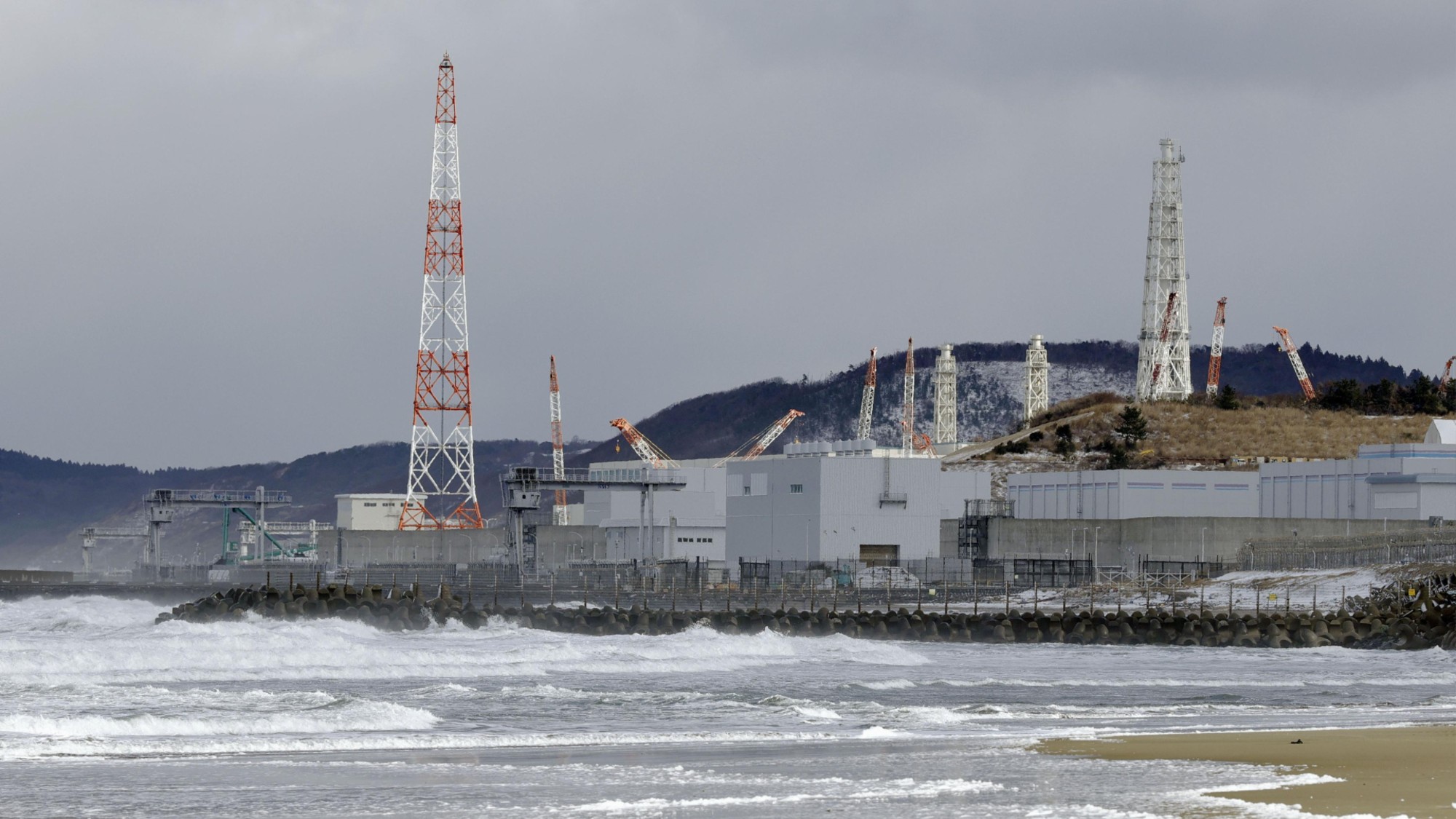 Fifteen years after Fukushima, is Japan right to restart its reactors?
Fifteen years after Fukushima, is Japan right to restart its reactors?Today’s Big Question Balancing safety fears against energy needs
-
 Death toll from Southeast Asia storms tops 1,000
Death toll from Southeast Asia storms tops 1,000speed read Catastrophic floods and landslides have struck Sri Lanka, Indonesia, Thailand and Malaysia
-
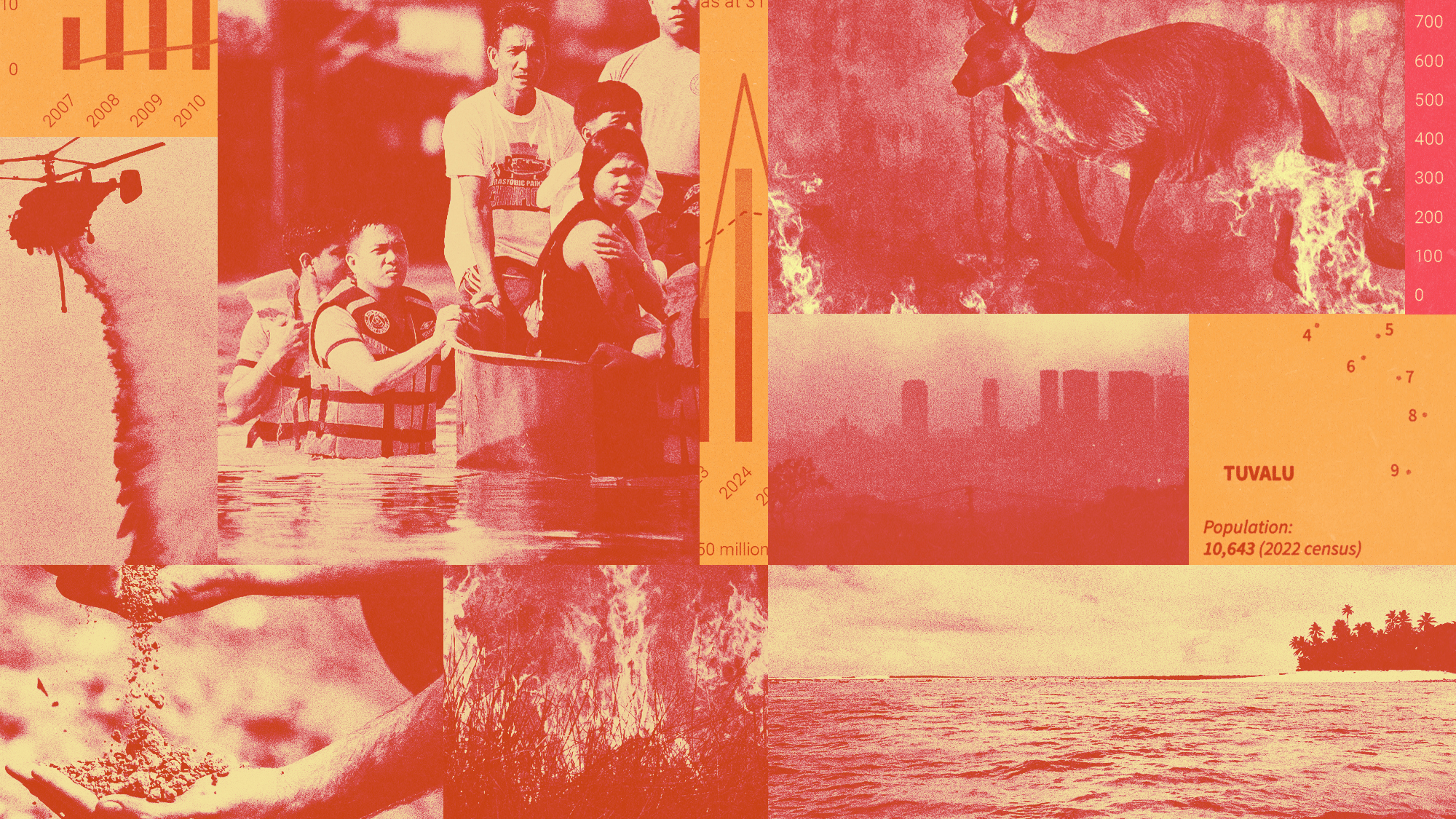 Can the world adapt to climate change?
Can the world adapt to climate change?Today's Big Question As the world gets hotter, COP30 leaders consider resilience efforts
-
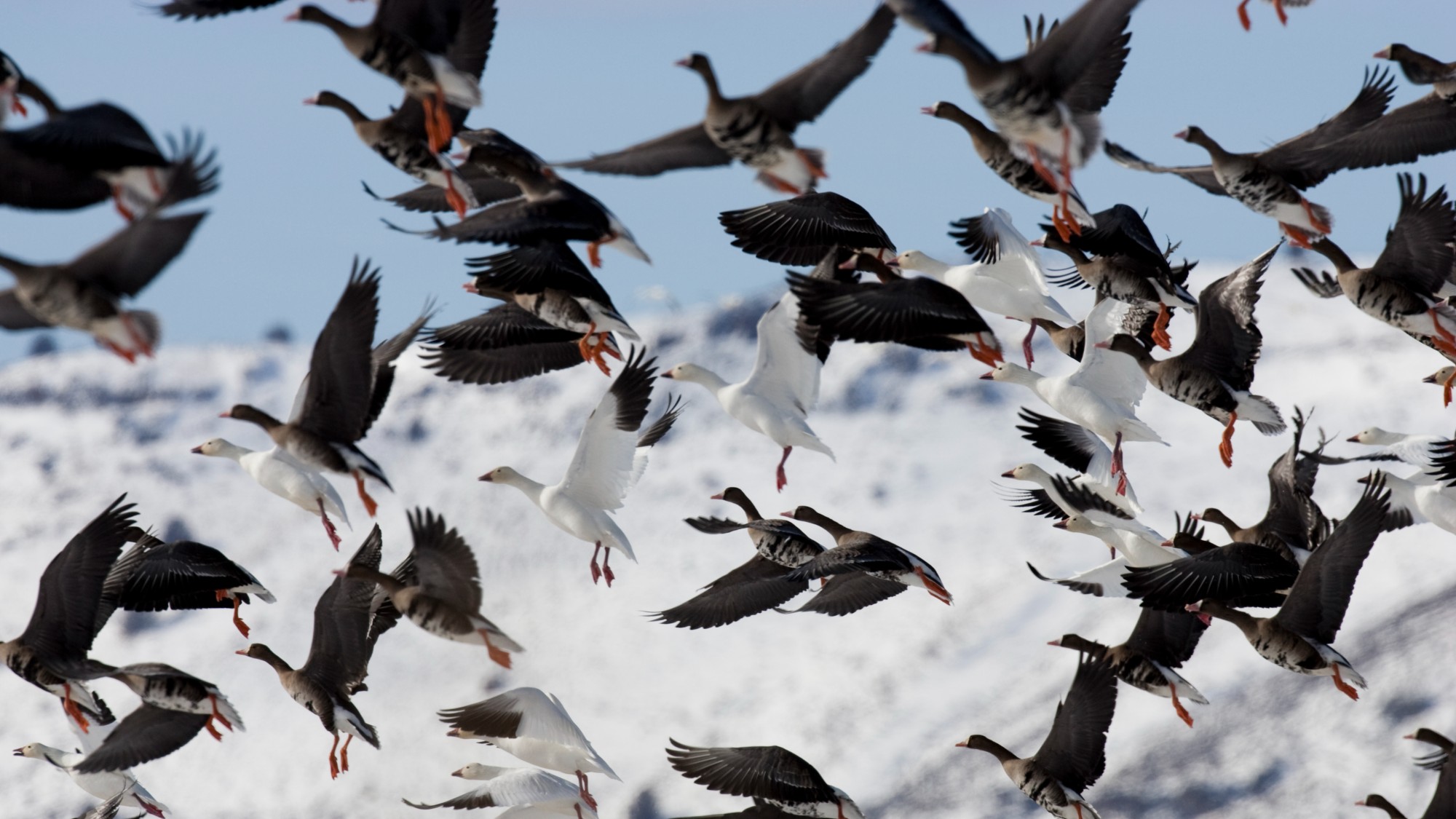 Icarus programme – the ‘internet of animals’
Icarus programme – the ‘internet of animals’The Explainer Researchers aim to monitor 100,000 animals worldwide with GPS trackers, using data to understand climate change and help predict disasters and pandemics
-
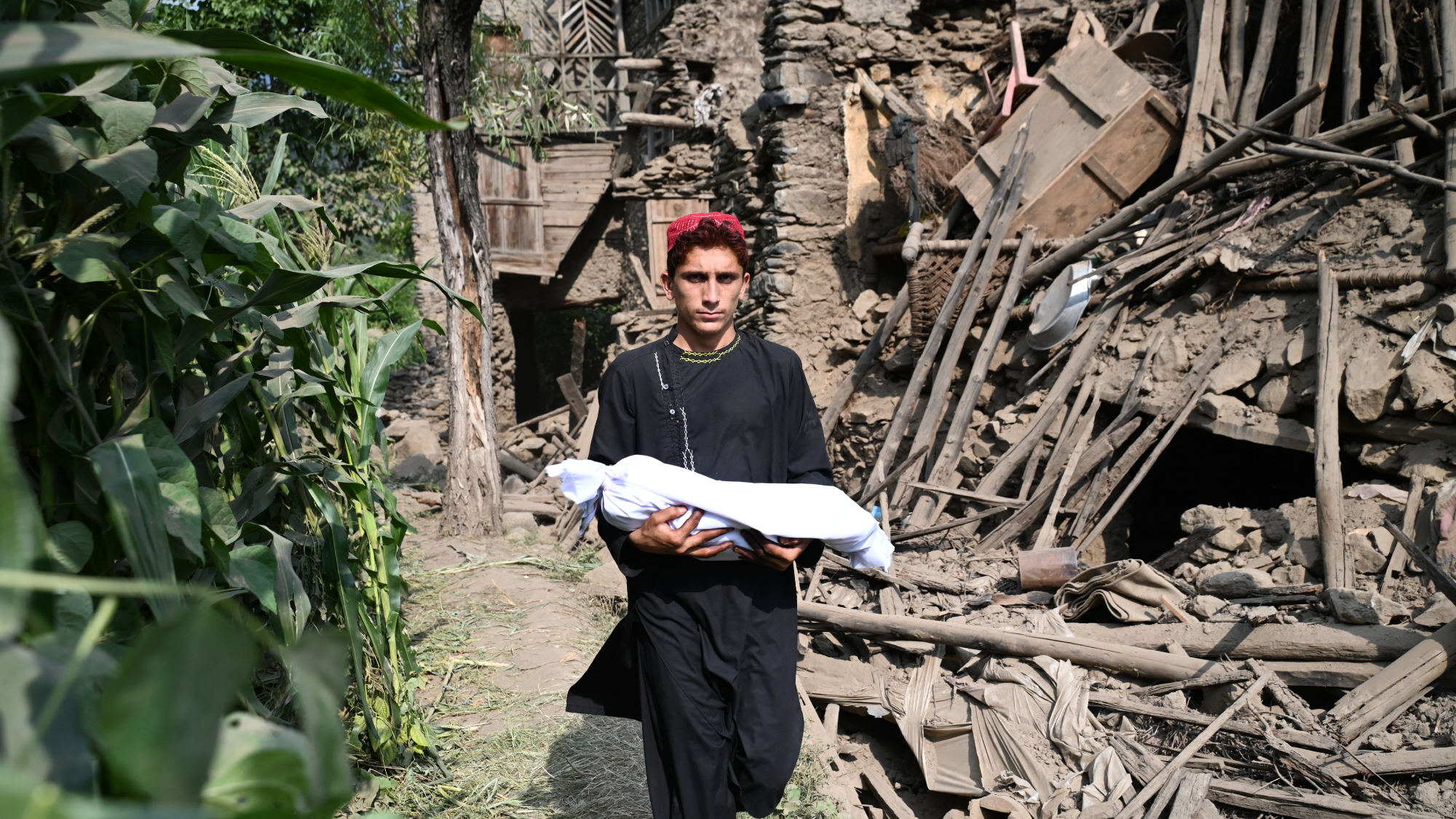 At least 800 dead in Afghanistan earthquake
At least 800 dead in Afghanistan earthquakespeed read A magnitude 6.0 earthquake hit a mountainous region of eastern Afghanistan
-
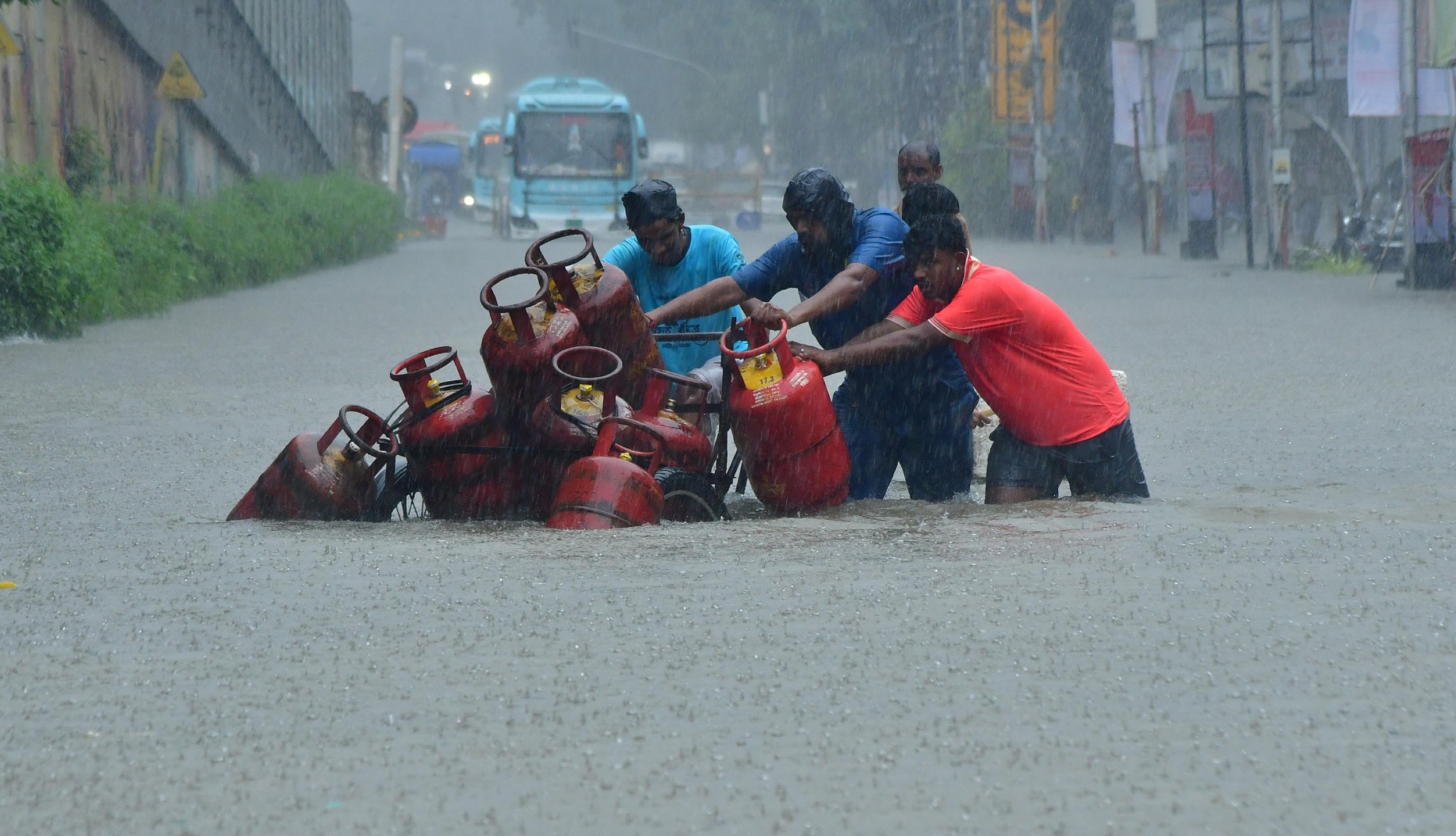 Cloudbursts: what are the 'rain bombs' hitting India and Pakistan?
Cloudbursts: what are the 'rain bombs' hitting India and Pakistan?The Explainer The sudden and intense weather event is almost impossible to forecast and often leads to deadly flash-flooding and landslides
-
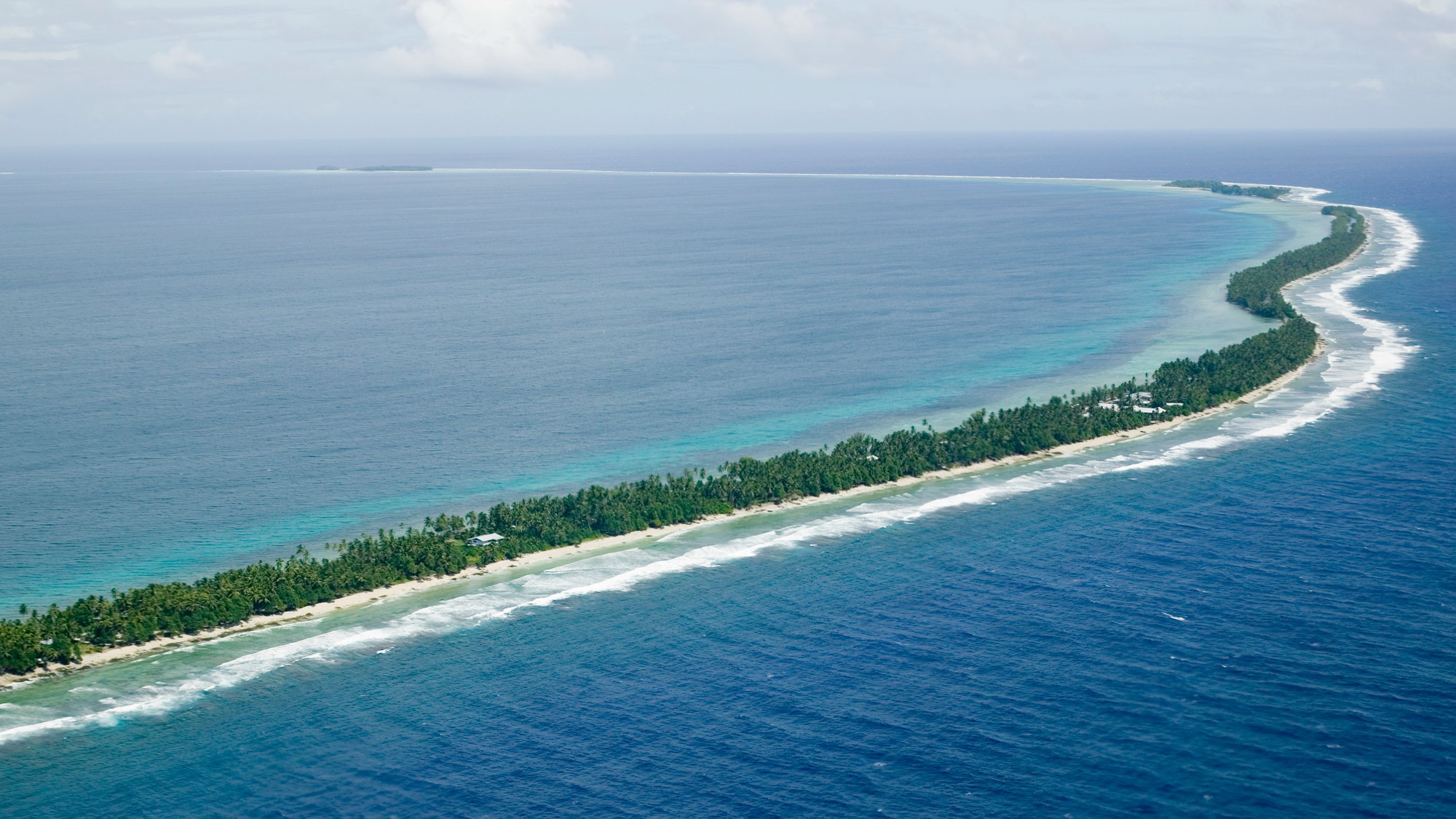 Tuvalu is being lost to climate change. Other countries will likely follow.
Tuvalu is being lost to climate change. Other countries will likely follow.Under the Radar Sea level rise is putting islands underwater
-
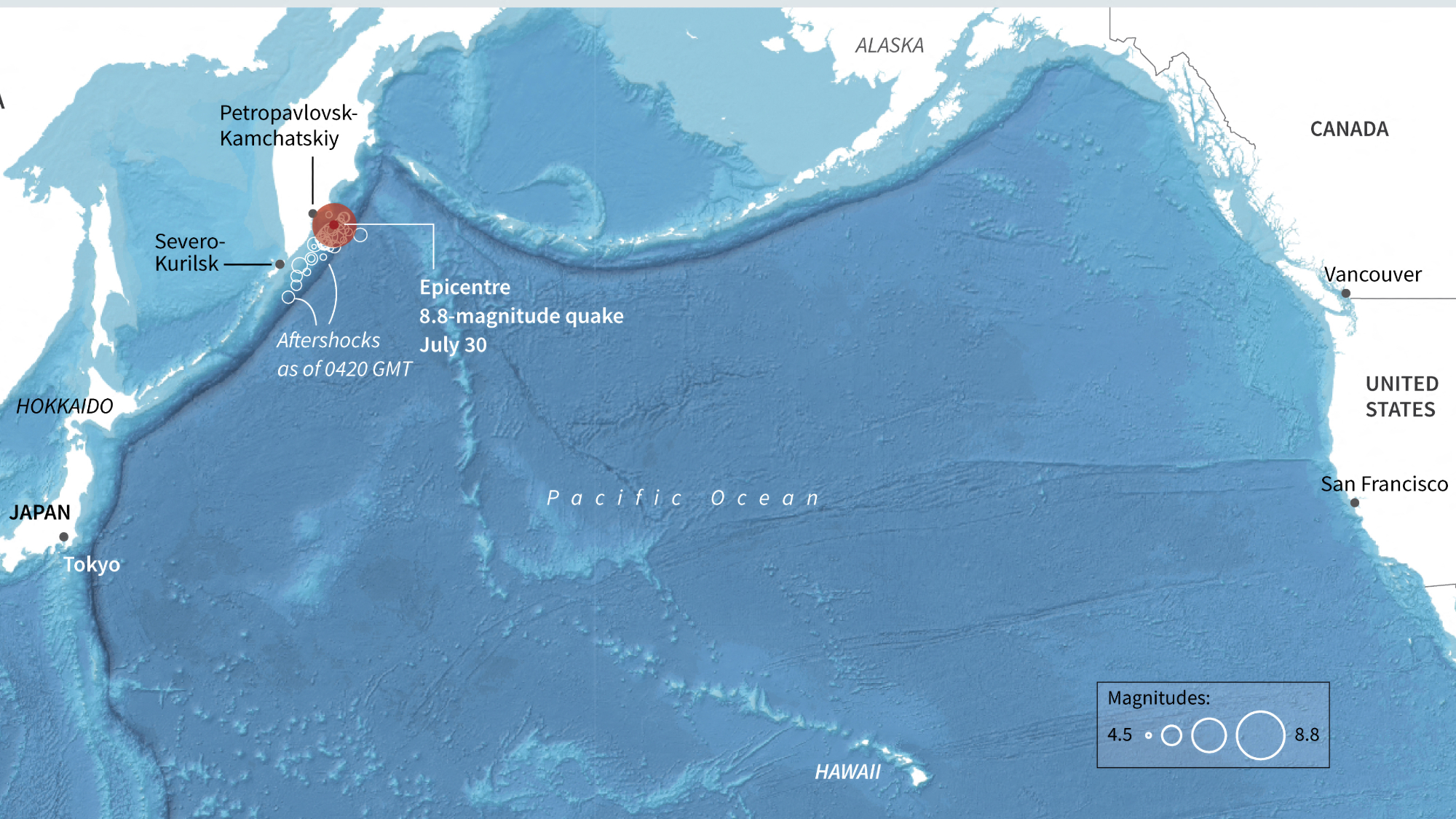 Massive earthquake sends tsunami across Pacific
Massive earthquake sends tsunami across PacificSpeed Read Hundreds of thousands of people in Japan and Hawaii were told to evacuate to higher ground
